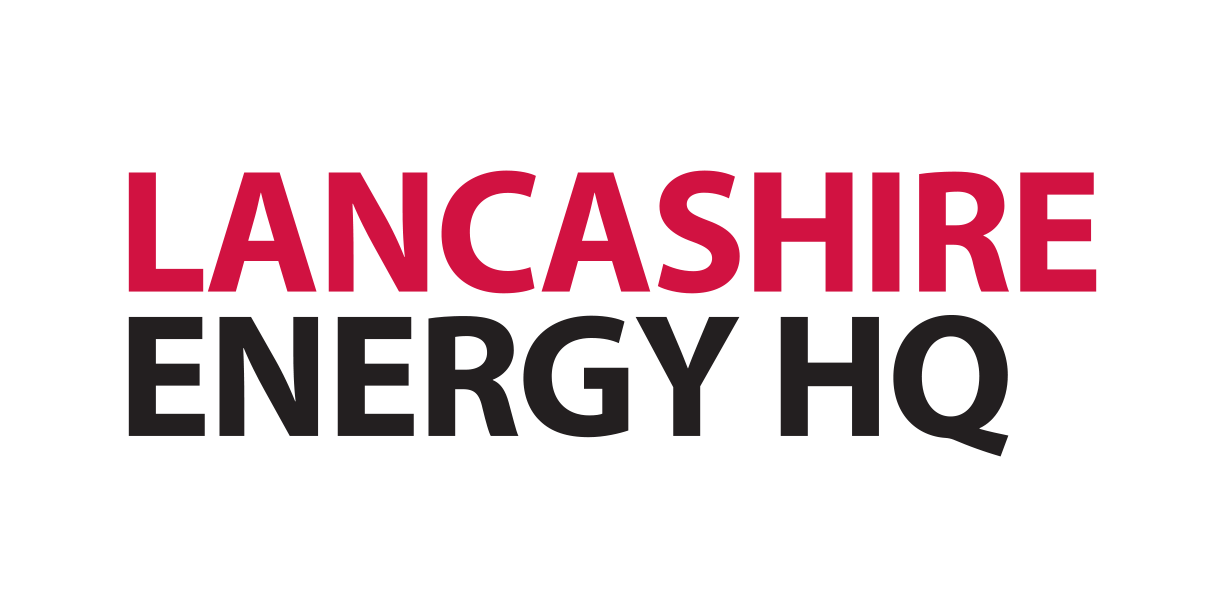Nuclear Scientist and Nuclear Engineer - Degree Apprenticeship
Course Code: EN00067
Next course dates
| Start Date | Location | Duration | |
|---|---|---|---|
| 08/09/2025 | Lancashire Energy HQ | Enquire | |
Course Overview
Advance your career in nuclear engineering with the Nuclear Engineering Degree Apprenticeship. Designed with industry leaders BAE Systems and Westinghouse Springfields Fuels, this unique programme delivers the multi-disciplinary and technical skills needed to succeed as a nuclear engineer.
It also provides a thorough understanding of the complex nuclear business, including safety and, looking to the future, environmental and operational changes to the nuclear industry. The programme comprises the Foundation Degree and BEng (Hons) Nuclear Engineering, awarded by Lancaster University – a UK top 15 university and highly ranked in international league tables such as the QS World Rankings.
Entry Requirements
To be eligible for a degree apprenticeship you must first be employed within an appropriate setting/sector and have confirmation of sponsorship.
You will need a minimum of 80 UCAS points (excluding Functional Skills) in an appropriate discipline and GCSEs in English Language, maths and a science subject at grade 4 (previously grade C) or above.
Your employer will be able to offset the tuition fees associated with this programme against the Apprenticeship Levy; they should seek financial guidance on this through professional services.
Please note: Where wearing PPE (Personal Protective Equipment) is a mandatory requirement of the course, it is the responsibility of the learner to ensure that they are able to wear such equipment. Further information can be obtained at the IAG session which all applicants are invited to or by calling Course Enquiries on 01253 504343.
Assessment Methods
The modules you will study at each level, together with the corresponding assessment type and percentage weighting, are outlined in the tables below.
Assessment is by both examination and coursework, with the latter consisting of case studies, technical reports or presentations, or a combination of all the above.
The programme also features a range of formative assessment activities, designed to provide ongoing feedback and highlight opportunities to support the development of your confidence, knowledge, skill and aptitudes for learning.
Level 4 (three semesters)
| Module | Assessment Number | Assessment Type | Weighting (%) |
|---|---|---|---|
| BFC402-E: Academic and Digital Literacy (Science) | 1 2 3 | Coursework - Essay Presentation Coursework - Reflective Report | 50 50 PASS/FAIL |
| NCL402: Mechanical Engineering Science | 1 2 | Coursework - Essay Examination | 50 50 |
| NCL403: Electrical and Electronic Engineering Science | 1 2 | Coursework - Report Examination | 50 50 |
| NCL404: Analytical Methods for Engineers | 1 2 | Coursework - Report Examination | 50 50 |
| NCL405: Nuclear Engineering Principles | 1 | Coursework - Portfolio | 100 |
| NCL406: Multi-Discipline Nuclear Engineering | 1 2 | Coursework - Report Practical and Presentation | 50 50 |
Level 5 (three semesters)
| Module | Assessment Number | Assessment Type | Weighting (%) |
|---|---|---|---|
| NCL501: Materials Engineering | 1 2 | Coursework - Report Practical Skills Assessment | 50 50 |
| NCL502: Further Engineering Science | 1 2 | Coursework - Report Examination | 40 60 |
| NCL503: Major Project | 1 2 | Project Presentation | 75 25 |
| NCL504: Engineering Management | 1 2 | Coursework - Essay Coursework - Evaluation | 30 70 |
| NCL505: Nuclear Physics | 1 2 | Coursework - Report Examination | 40 60 |
| NCL506: Integrated Manufacturing Processes | 1 2 | Coursework - Report Examination | 50 50 |
Level 6 (four semesters)
| Module | Assessment Number | Assessment Type | Weighting (%) |
|---|---|---|---|
| NCL601: Fusion and Fission | 1 2 | Coursework - Report Examination | 40 60 |
| NCL602: Dissertation | 1 2 3 | Feasibility Study Dissertation Presentation | 5 80 15 |
| NCL603: Nuclear Lifecycle | 1 2 | Coursework - Report Practical Assessment | 60 40 |
| NCL604: Nuclear Engineering Professional | 1 2 | Coursework - Case Study Presentation | 70 30 |
| NCL605: Control and Simulation | 1 2 | Coursework - Report Examination | 40 60 |
Industry Placement and Field Trips
Expert Tutors
All staff involved in the delivery of any courses within the College are approved to teach and/or assess the subjects and modules they deliver. The approval process ensures that staff delivering and/or assessing a given programme are appropriately qualified, with relevant technical and industrial experience and professional practice.
Tuition Fees
Read our tuition fees guide.
Terms and Conditions
Read our full terms and conditions for more information.







